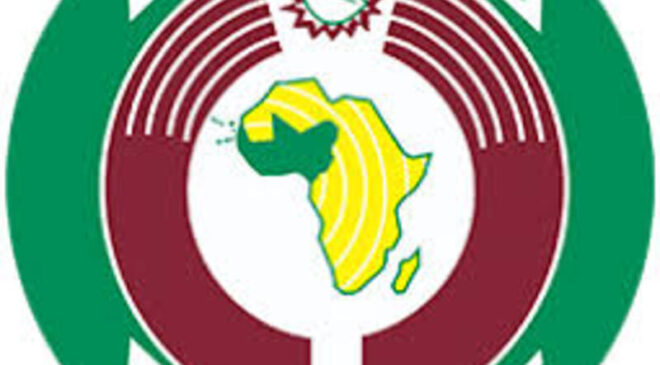
ABUJA/Nigeria: The Economic Community of West African States (ECOWAS) has taken another significant step toward expanding energy access across the region, following the validation of the preliminary feasibility study for the ambitious Regional Programme for the Electrification of 20,000 Villages in West Africa (PRODEL20000). The review took place during a three-day regional workshop held from November 12 to 14, 2025, in Accra, Ghana.
Organised by the ECOWAS Energy and Mines Directorate, the workshop brought together technical experts from energy ministries, national electricity companies, rural electrification agencies, ECREEE, and the consulting firm BNETD. Participants scrutinised every component of the feasibility report, including technical design, socio-economic impact assessments, investment requirements, and environmental and social management strategies.
Each segment of the study received detailed analysis, with participants identifying gaps and proposing practical recommendations to strengthen the project’s framework ahead of full implementation.
Speaking at the opening session, Dr. Ismael Ackah, Technical Adviser to Ghana’s Minister of Energy and Green Transition, hailed PRODEL20000 as a landmark initiative reflecting ECOWAS’ collective resolve to accelerate universal energy access. He described the project as a “model of regional collaboration,” noting Ghana’s satisfaction with the rural electrification component that aims to narrow the development gap between urban and rural communities.
Also addressing the workshop, Mr. Arkadius Koumoin, Acting Head of the ECOWAS Conventional Energy Division, stressed that despite West Africa’s abundant energy potential, millions—especially in rural and peri-urban areas—remain without reliable, affordable electricity. He said PRODEL20000 has been prioritised by the Commission as a critical response to this longstanding challenge, combining grid extensions with solar-powered solutions.
According to ECOWAS, the initiative aligns with the region’s shared vision of universal access to sustainable energy. Beyond electrification, the project aims to stimulate local entrepreneurship, improve healthcare and education services, and create employment opportunities, particularly for women and young people.
Mr. Koumoin added that the successful validation of the feasibility study now sets the stage for ECOWAS to begin mobilising the financial resources required to implement the programme across the region.
